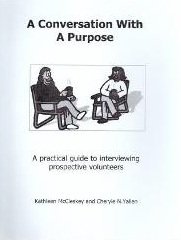Leadership means making a difference and you can do that from any place on the organizational chart. It means working with and through people toward a common goal. When you work with others, you do not compete — you cooperate and collaborate.
Sounds easy on paper but it is hard. One thing you need to consider is where you want to use the power you have. You may not have the formal power presented to you by where you fall on the organizational chart but you can develop informal power. Informal power is given by others and earned by you based on how you act and react….your character. For example:
• You may not have the power to formally reward people but you can thank them when you work together and something is achieved.
• You can use your personal expertise to help others without being asked.
• You can always behave in an ethical manner in all that you do.
• You can use the information you have to help others and keep working toward common goals.
Another facet of leadership is being “politically savvy”. This does not mean “office politics” but looking for the win-win whenever and wherever possible. Yes, again this means being ethical in all your dealings with everyone. This will gain trust and that is irreplaceable. Political savvy also entails putting the organization first by grasping the big, long term picture and how you can help to bring that picture to reality. It means understanding how influence and relationships work and how you treat others. Bottom line it means always acting above board in everything you do.
Someone is watching you. You may already be a leader and not know it.
 We liked the layout of this book, which is written by Kathleen McCleskey and Cheryle N Yallen.
We liked the layout of this book, which is written by Kathleen McCleskey and Cheryle N Yallen.